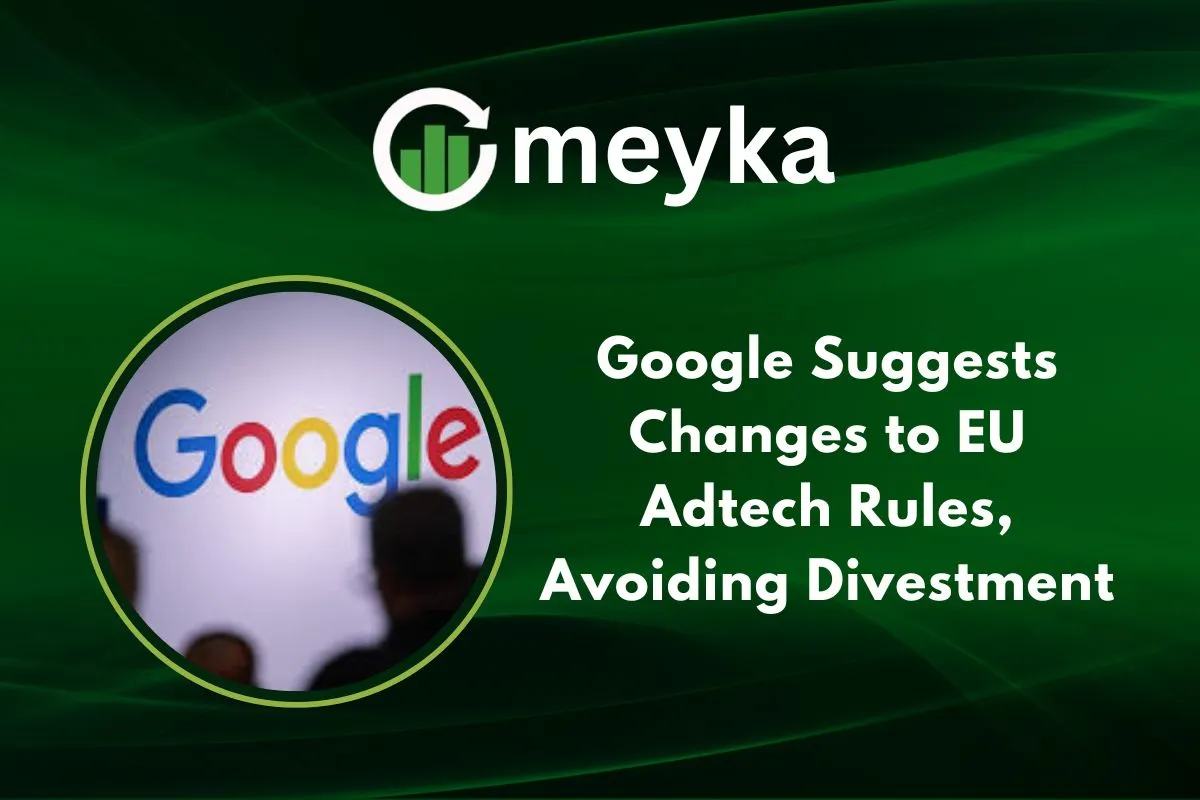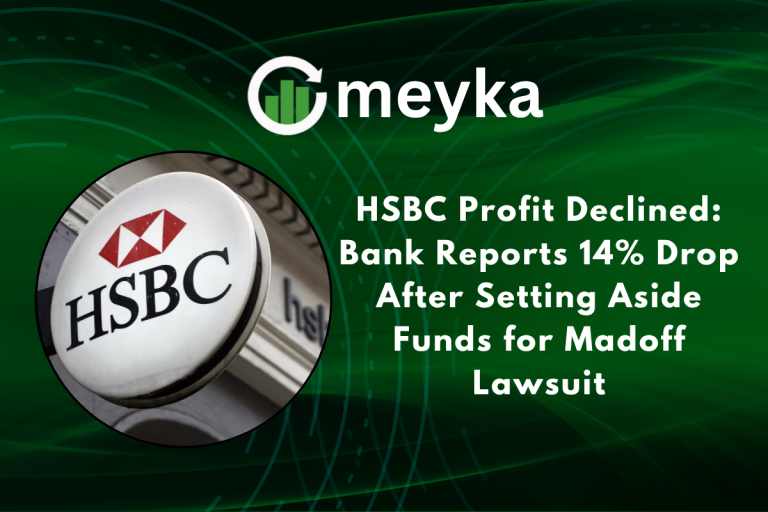Google Suggests Changes to EU Adtech Rules, Avoiding Divestment
We’re now at a pivotal moment in the world of online advertising. Recently, Google offered to implement major changes to its ad‑technology tools in order to satisfy the European Commission’s antitrust concerns, all without selling off any part of its business. For years, Google has been a dominant player in many parts of the ad‑tech market, from ad‑servers to ad‑exchanges. In September 2025, the European Commission fined Google €2.95 billion for abusing that dominance. Now, Google says it will open up more of its systems. It will allow publishers and advertisers greater choice. It wants to show it can reform without being broken apart. We’ll explore what’s changed, why it matters, and how all of this may shape the future of digital advertising in Europe and beyond.
Continue Reading on Meyka
This article is available in full on our main platform. Get access to complete analysis, stock insights, and more.
Read Full Article →





